Trends and Insights
Explore Thought Leadership Blogs
Latest Blogs
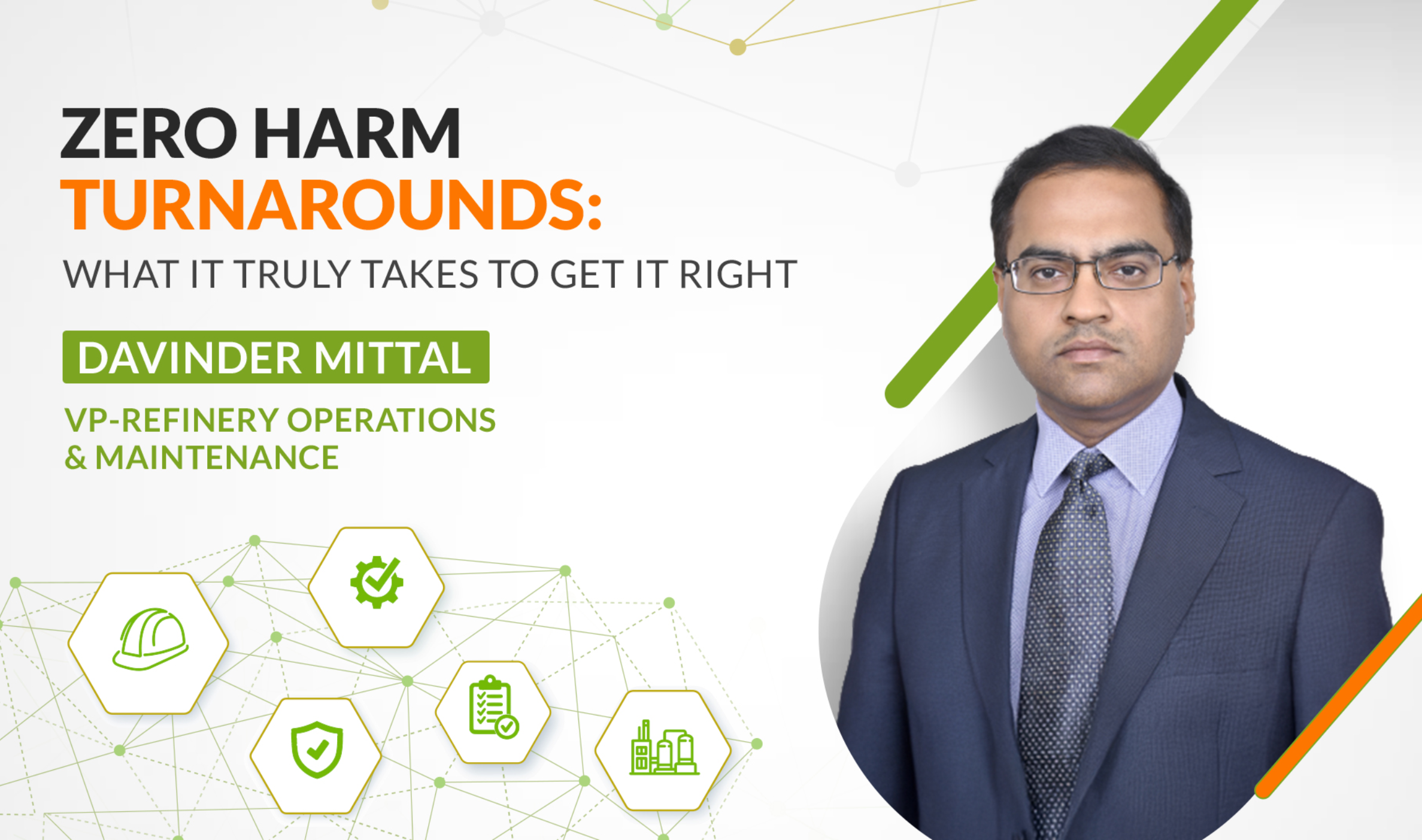
Zero Harm Turnarounds: What It Truly Takes to Get It Right
In the world of refining and petrochemicals, a turnaround is among the most demanding events in the life of a facility. It is a planned shutdown where thousands of maintenance, inspection and upgrade activities converge under intense time pressure to safeguard long-term reliability and compliance. Having recently managed one of HMEL’s most complex refinery turnaround […]
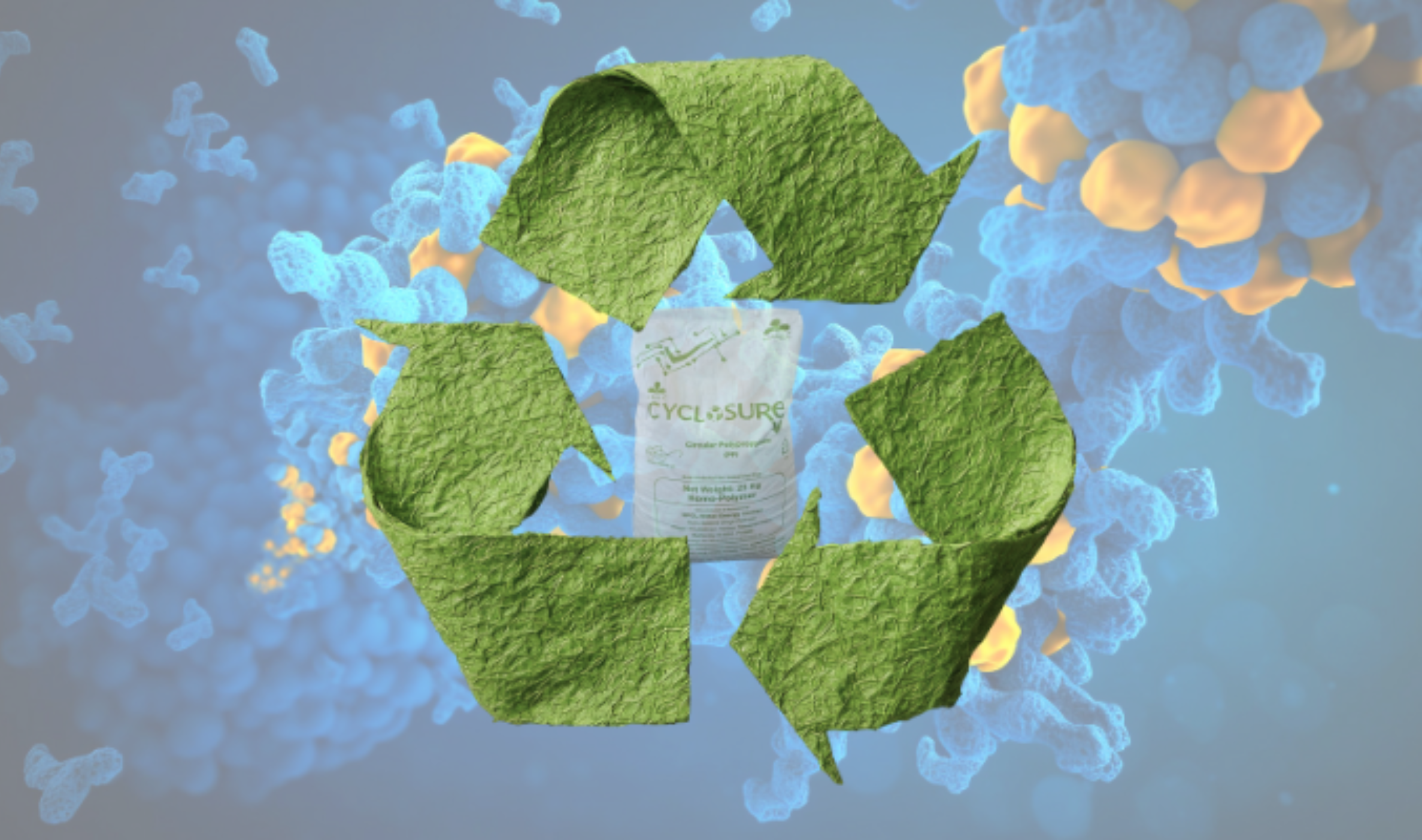
Introducing Cyclosure: HMEL’s Circular Polymer Solution for a Sustainable Future
India’s growth story is closely linked with materials that make modern life possible. Plastics are an integral part of modern life and modern industry. From healthcare, food safety, to mobility, manufacturing and packaging, infrastructure, polymers are used across the industries. Their use helps improve hygiene, durability, efficiency, and scale. Complete value chains rely on them, […]
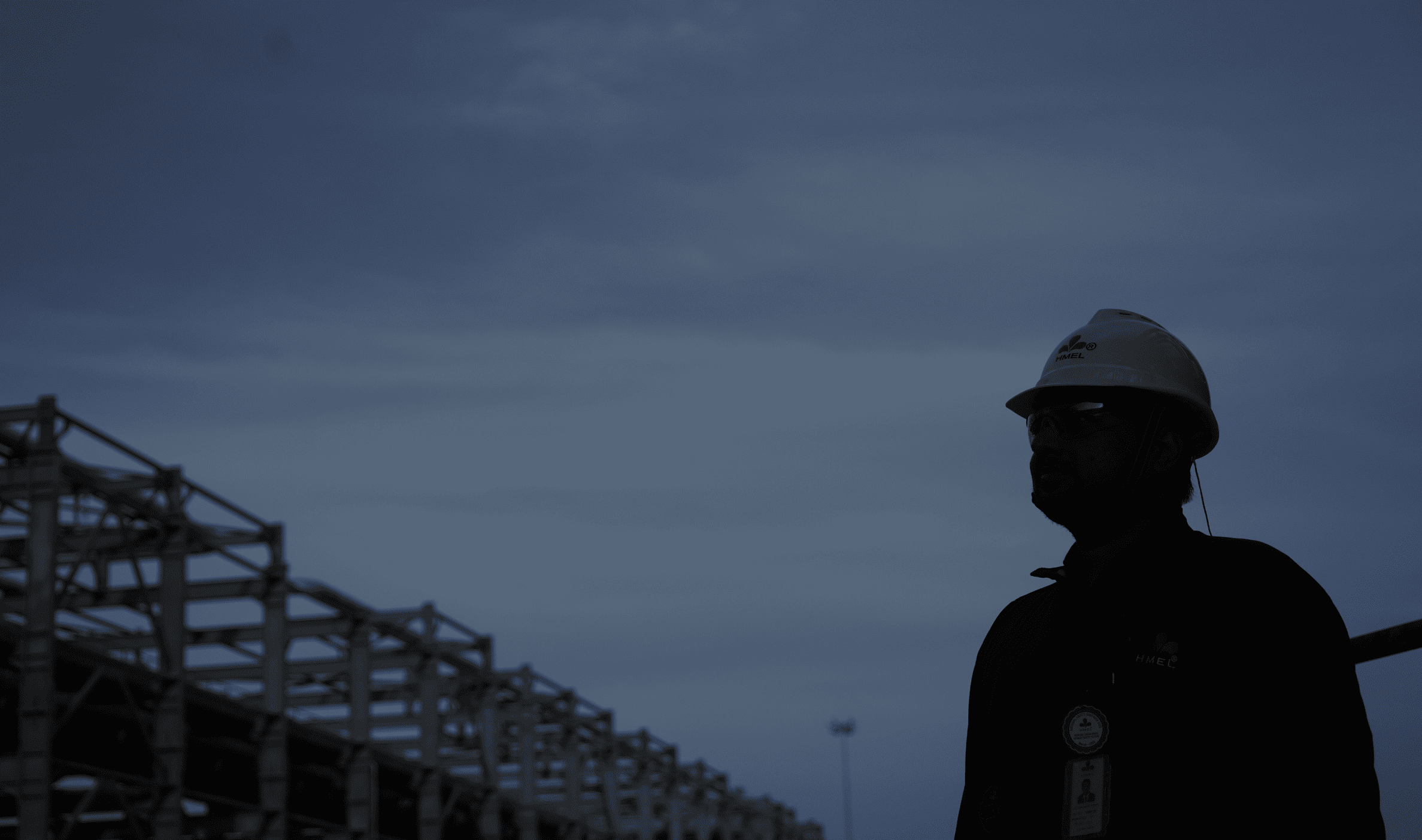
Petroleum Products in India: Market Trends, Uses & Future Outlook
The world is watching India’s growth story, from the highways and factories to the planes in the sky and even the gas stove at home. The one force that lies at the centre of this growth is petroleum products. Yes, you name it; from mobility to manufacturing, petroleum products run India’s economic engine. The petroleum […]
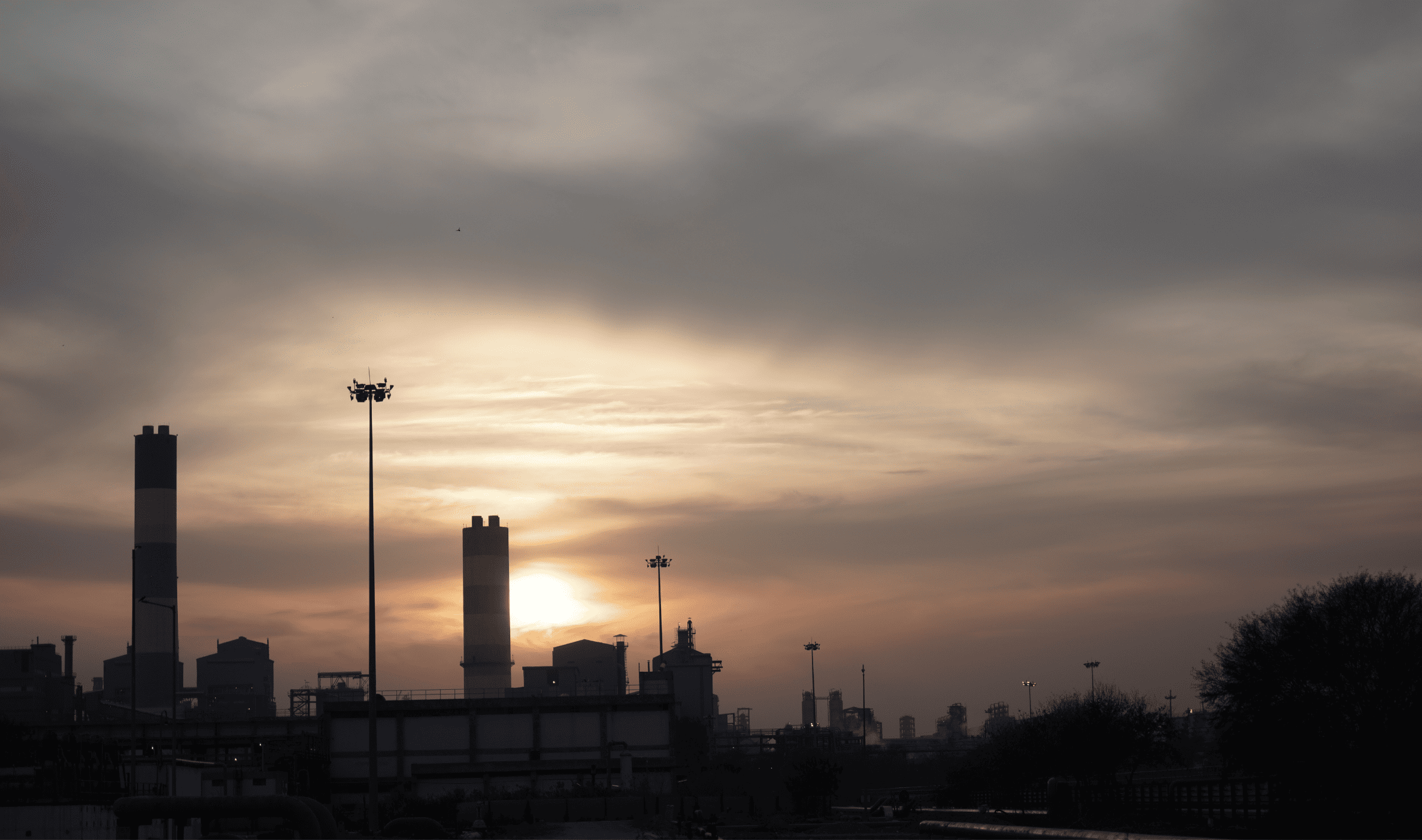
Why India’s Petrochemical Industry is Poised for Global Growth?
India is making a big investment in the petroleum sector in the coming years as it is going to spend a substantial USD 37 billion in the medium term to achieve self-sufficiency in petrochemical manufacturing. This is a capital outlay that will result in a significant reduction in import dependence. The country is estimated to […]
All Blogs
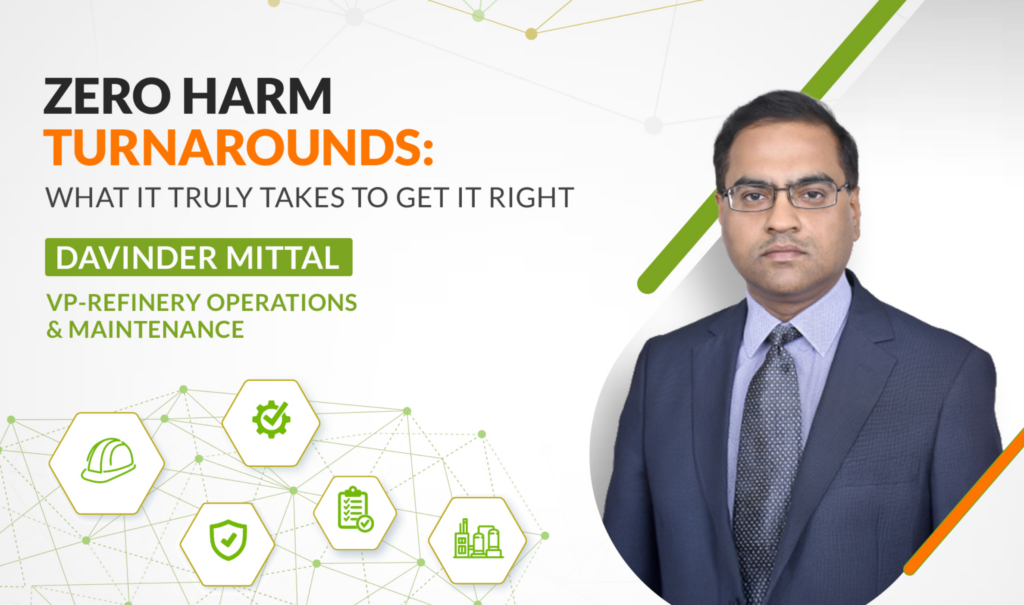
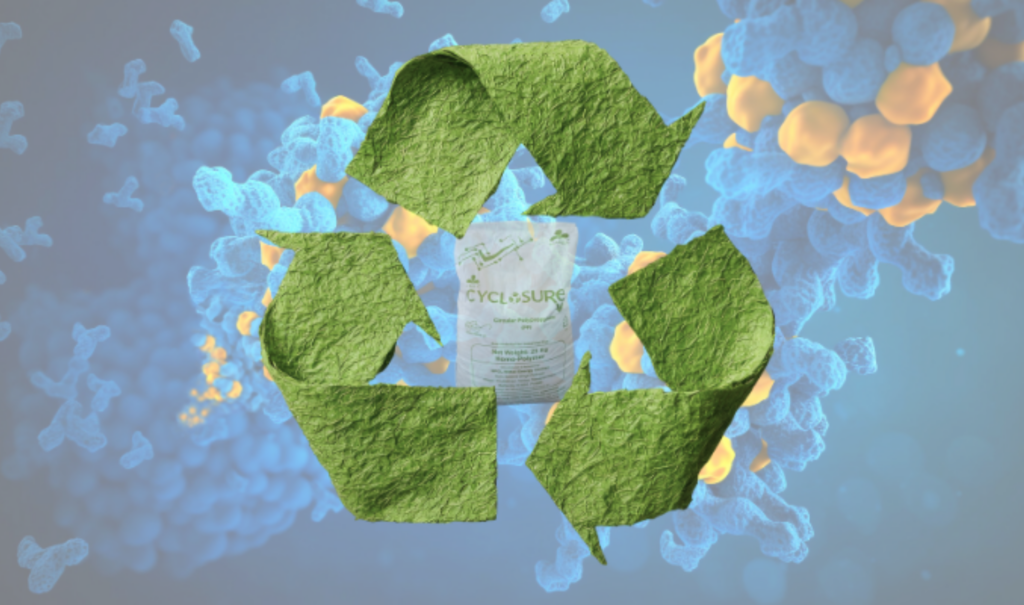
February 2, 2026
Introducing Cyclosure: HMEL’s Circular Polymer Solution for a Sustainable Future
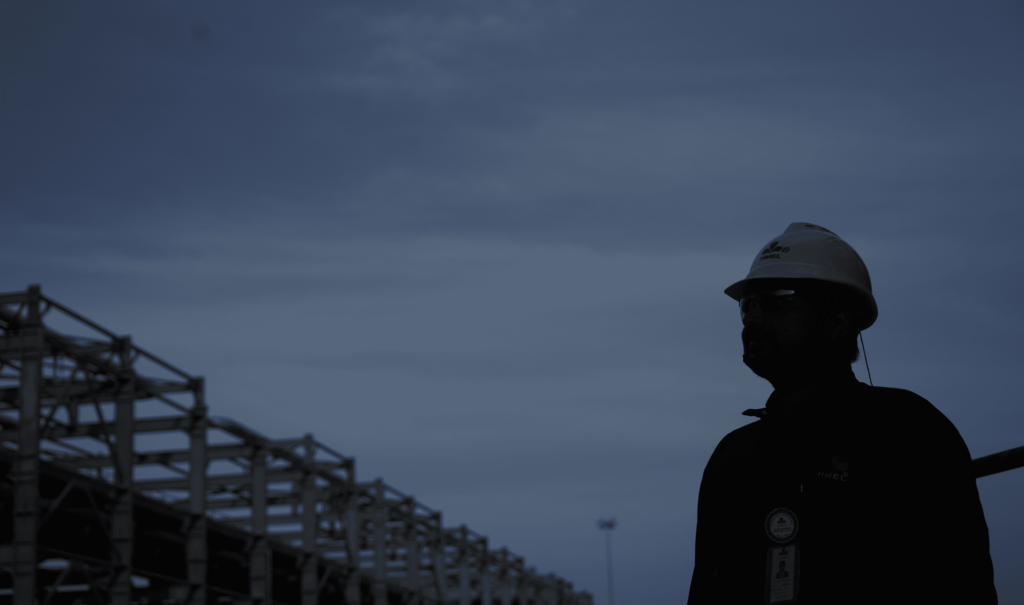
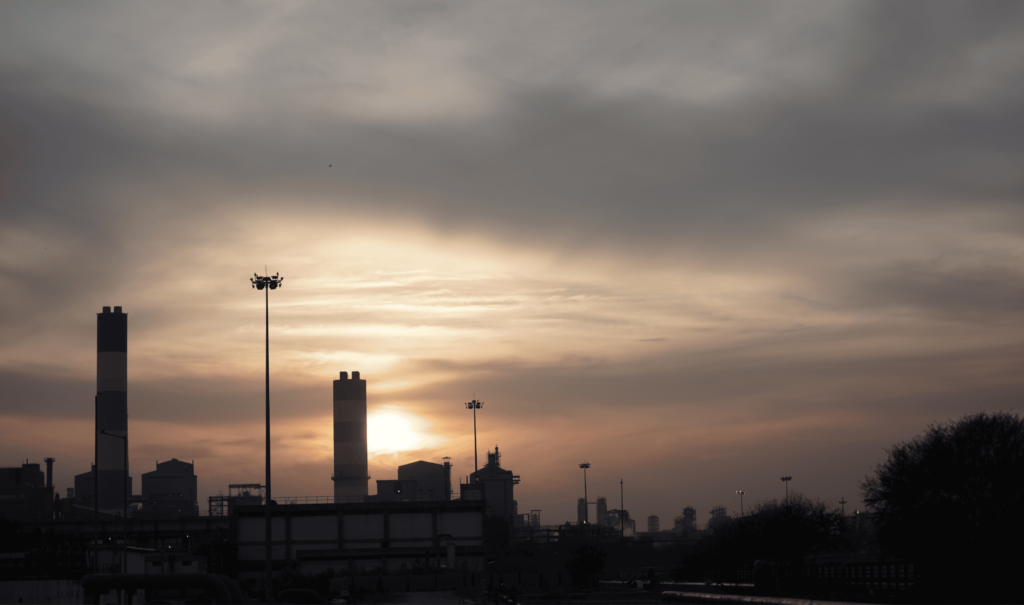

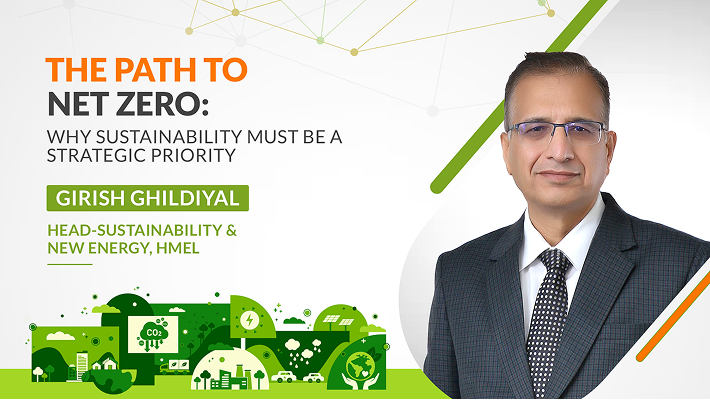


February 2, 2026
Introducing Cyclosure: HMEL’s Circular Polymer Solution for a Sustainable Future



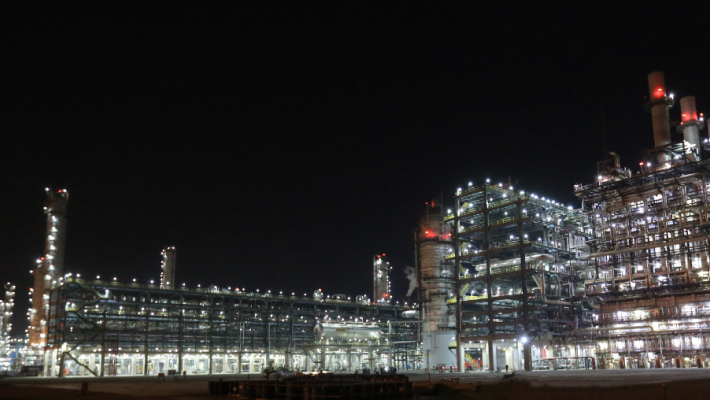


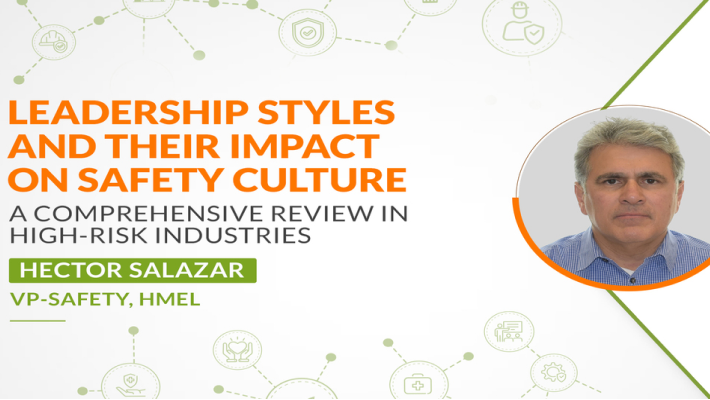
October 7, 2024
Leadership Styles and Their Impact on Safety Culture: A Comprehensive Review in High-Risk Industries
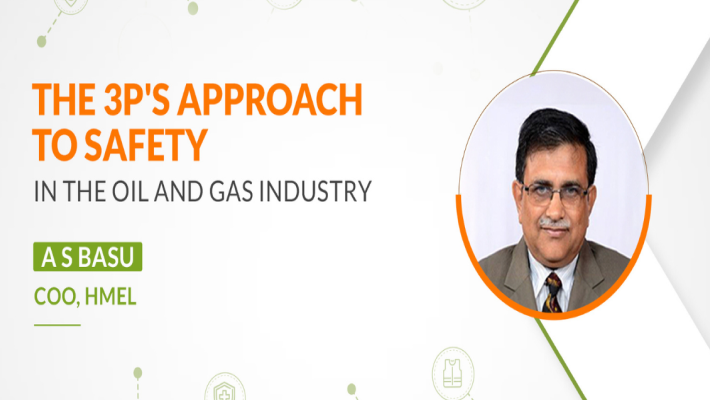
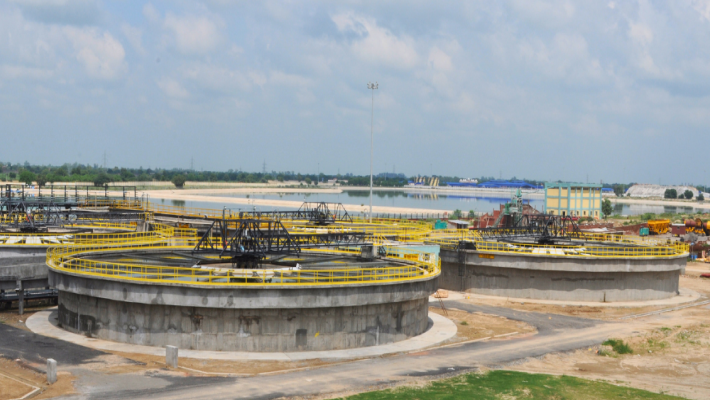

November 28, 2023
From the Classroom to the Future: Fuelling the Future Through Educational Empowerment
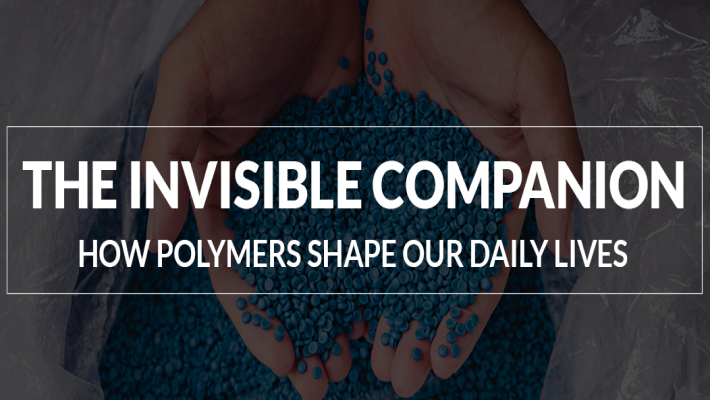
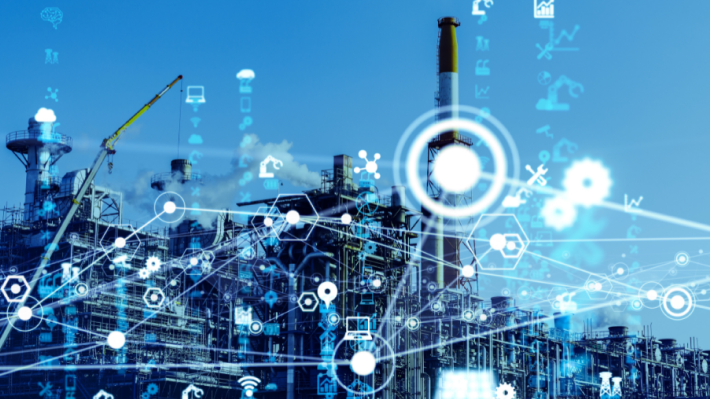
March 15, 2024
Digitalization and IoT: Revolutionizing Sustainability and Efficiency in the Oil & Gas Industry
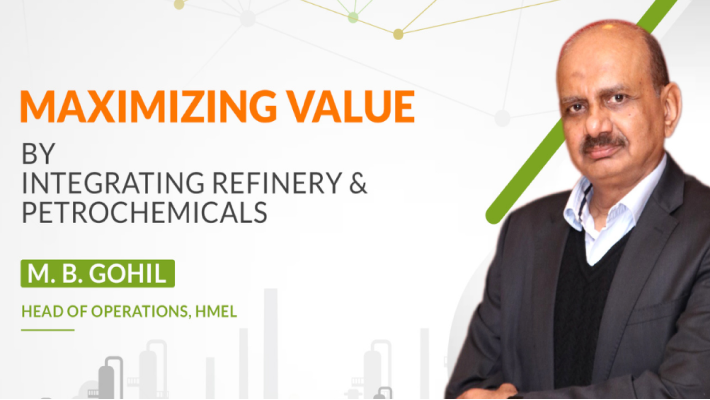


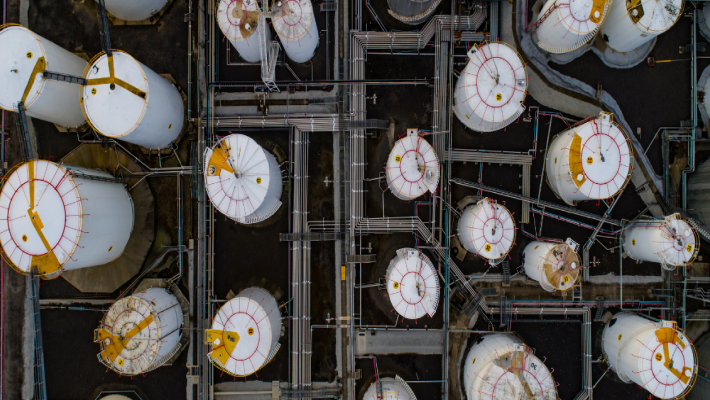
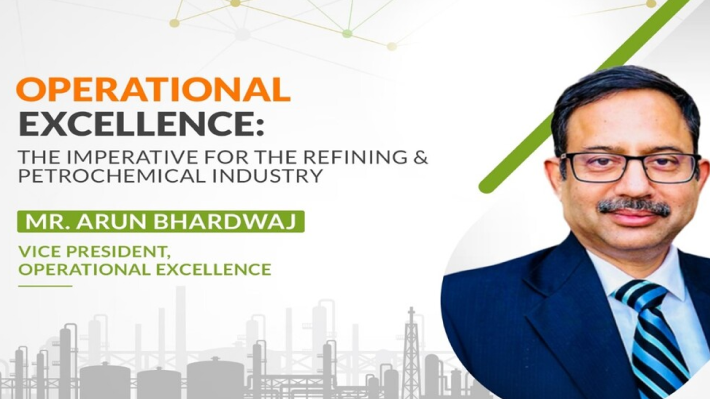
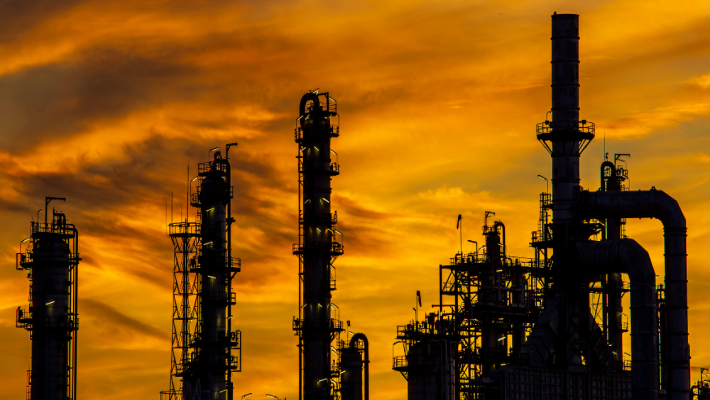
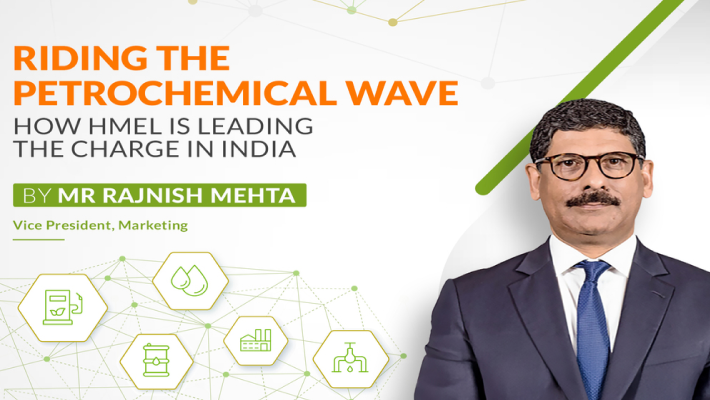

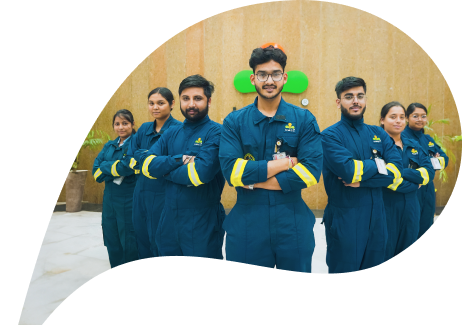
 no updates
no updates